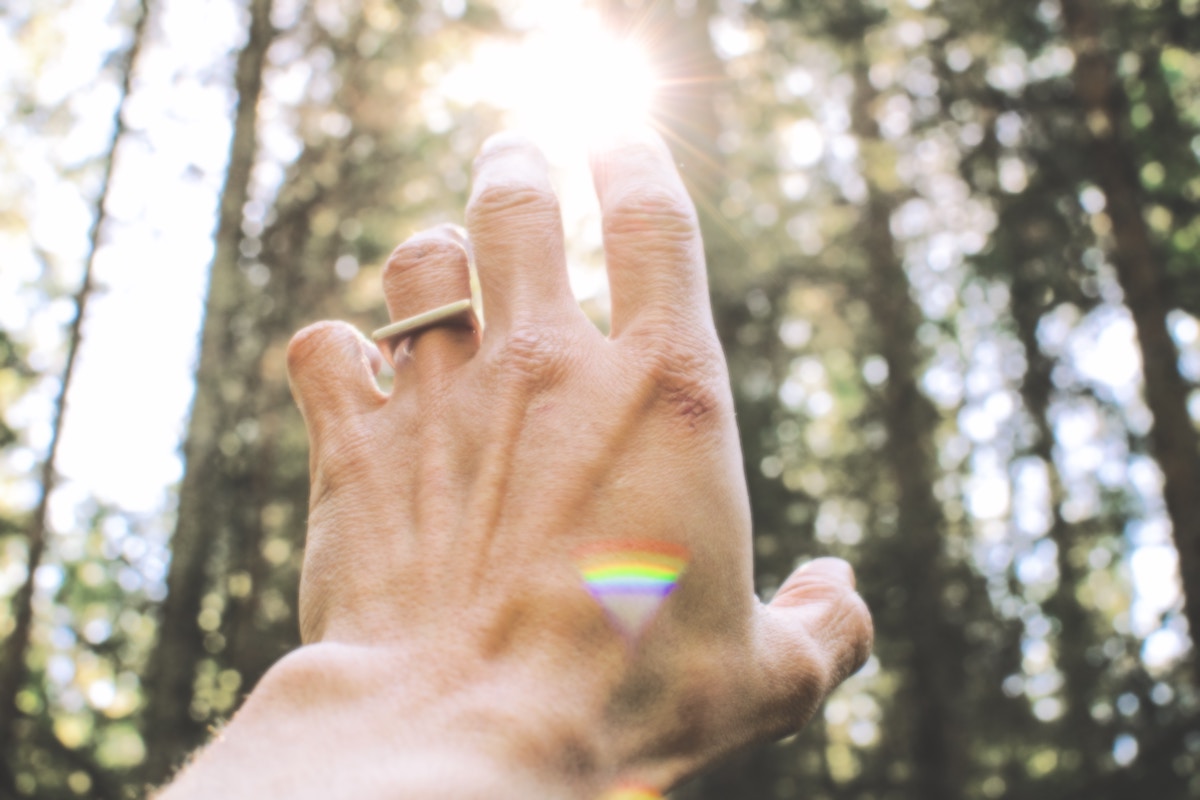Researcher storyteller Dr Brené Brown asked her own therapist, her family and friends, people on the street, and research subjects an intriguing question about positive intention. You may have read her best-selling books or heard her TED Talks about vulnerability and listening to shame. She touches on the topics most people would rather run away from, which is exactly why we need to go bravely into this wilderness. Digging into positive intention – if people really are doing their best – may make you feel uncomfortable. This is a good feeling so that we can break down some barriers.
Do you think people are doing their best? Do you believe in positive intention?
This is the question Dr Brown asked. This was the question her own therapist asked her when she complained about the sewer rats and scofflaws.
What are sewer rats and scofflaws, you ask?
She explained the sewer rat as that chubby rat in a jean jacket from Flushed Away who poops in the nice people’s house and scofflaws are people who scoff at rules. You know, the people who think they are too cool for rules.
Do YOU? Do you believe people are doing their best?
When her therapist asked her, Dr Brown’s response was “Hell no and if that was her best, her best sucks.” And she set out to disprove this idea that people really are doing the best they can.
This is what she learned.
The immediate pattern was how people responded. Those who believe people are doing their best were slow to respond. They were even apologetic about how they felt. People who do not believe responded quickly, vehemently, unequivocally, giving a litany of examples.
She also found that people labelled as “wholehearted” in her previous studies “overwhelmingly believe that people are doing the best they can.” Those who struggled with control and perfectionism (a self-proclaimed problem of Dr Brown herself) did not.
..and so she dug deeper.
A wonderful and profound response came from Steve, Dr Brown’s husband. Upon reflection he said that he does not know whether people are doing the best they can. What he does know is that his life is better if he believes it.
…and so she dug deeper until she herself had a revelation.
In a conversation about breastfeeding, she felt herself transformed into the chubby sewer rat, while thinking she was the good rat. She felt defensive – “but I was doing my best.” That is what her therapist calls “good learning.”
Take a moment now – yes, right now – and think of a person who’s difficult for you. Think of someone you have a ton of judgment about. Now think that this person is really doing his or her best. How do you feel? Perhaps some compassion. Maybe tenderness. Sadness. Guilt. Forgiveness. Patience. Or maybe not. (Try it again later.)

Why is it hard for people to believe everyone is just doing their best?
Why do people struggle with positive intention?
① Believing other people are really doing their best means believing that you too are doing your best.
If you are like most people, you have said on many an occasion that you are doing your best. In some dark corner, the truth lurks and this truth is you do not believe what you are saying 100% wholeheartedly. You’ve walked away from situations thinking, “man I could have been nicer.” Or “why did I say that? Now they’ll think I’m an idiot.”
Not believing you are doing the best makes you doubt other people are or can be doing their best.
…sometimes when we are beating ourselves up, we need to stop and say to that harassing voice inside, “Man, I’m doing the very best I can right now.”
Brené Brown, Rising Strong
② They Should have Known Better.
Even as we underestimate people, we also overestimate them. We often think, “they should have known better.” Maybe you think your friend is super whip smart and her life is purring perfectly along, all the boxes ticked off, all the milestones hit.
Bryon Katie asks us – “Can you absolutely know that it’s true?”
Can you absolutely know that their life is as perfect as it looks? That “they should have known better?”
People are not infallible or perfectly rational, internally congruent, having integrated all their shadow bits. It it not so much people are consciously hypocritical as much as different triggers are setting off different responses and reactions. The constellation we know as that person may not be present in that moment. We may not be present. We may be triggering them in all sorts of ways unbeknownst to us. Connecting us are energetic cords that can be unhealthy. And then there is history.
Look for amazingly good people and you’ll start to meet them, everywhere.
Robin Sharma, The 49 Best Lessons 2017 Taught Me
③ We have poor boundaries.
A Highly Empathic Person (or Highly Sensitive Person) feels other people’s energy, finding it difficult to sense the boundaries. This “permeability” means they can read between the lines better. They can sense the energy and the intention of someone’s action. When the person is stressed or “too close”, their read on the situation could be off.
The danger here is that an empath can often end up defending the other person, at the expense of their own personal needs. Distrust can also grow since the other person’s words and actions do not align with what you feel from them. It is unsurprising that resentment and fatigue are common complaints of unbalanced HEPs.
→ Read these tips for empaths.
How can we expect people to put value on our work when we don’t value ourselves enough to set and hold uncomfortable boundaries?
Brené Brown, Rising Strong
④ We are wrong and not as important as we think.
If people are indeed doing their best, it means that the story is not always about us.
They are not just being snippy or passive aggressive. They really are clueless or their mind is elsewhere, not on us.
They are not cutting us off in traffic because “everyone is so rude to me”. They are not budging in line because they spotted a doormat, a weakling, or a fool. They are not shortchanging you because you are a woman, person of colour, uneducated, young, old, foreign, [place the adjective of a minority or disenfranchised group here].
(People can be prejudiced, act ugly out of fear, and speak unkind words, sometimes especially to the ones who love them most.)
What most people don’t realize – it just has nothing to do with us, and everything to do with them.
⑤ We need to work harder ourselves.
If people are doing their best, we can no longer default to the usual routine. We cannot default to blaming them, blowing off steam at them. We can no longer slot them in as the devil and ourselves as the angel. We can no longer put it all on other people.
We would have to take a closer look at our own words, actions, and projections. We can no longer use other people as an excuse for not dealing with what is really wrong with our lives and why really we are unhappy.
How would you feel and how would your life look if you believed that people do do their best? That people do have positive intention?
Looking at all the reasons why we do not believe in positive intention is highly illuminating about our fears and insecurities. These are barriers to true intimacy with ourselves and others. For more fulfilling relationships we must be able to feel vulnerable, open, loving, and trusting.
Believing in positive intention is a reflection of these qualities. Interested? Here’s how to brave the wilderness.
Resources
The Work of Byron Katie – The 4 Questions
Rising Strong, as a Spiritual Practice by Dr Brené Brown
Affiliate Note: Some of these links may be affiliate links. When you purchase through them, What Therapy receives a small commission. This goes towards supporting What Therapy’s goal of helping all of us make better choices in our personal lives and in the greater global community. Thank you for your support and please know that What Therapy chooses affiliates with a discerning eye for alignment in values.

